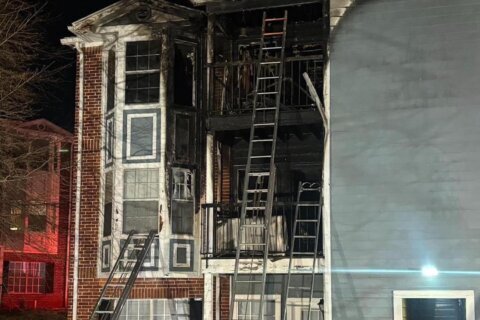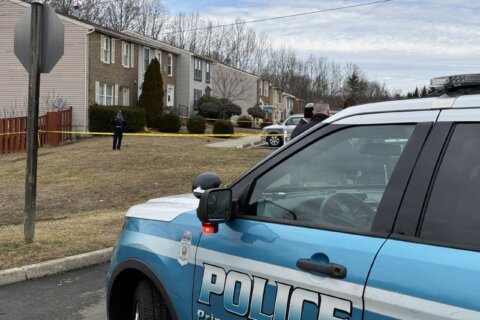This article was republished with permission from WTOP’s news partner InsideNoVa.com. Sign up for InsideNoVa.com’s free email subscription today.
This article was written by WTOP’s news partner InsideNoVa.com and republished with permission. Sign up for InsideNoVa.com’s free email subscription today.
Changes are coming to the code of behavior in Prince William County Public Schools, with new state reporting requirements for certain offenses and fewer suspension-worthy violations in the 2022-23 school year.
The county School Board will vote Wednesday on a series of changes to the school system’s code of behavior. A significant change to the code will come in how certain infractions are punished and what responses schools can use when dealing with certain code infractions.
Suspension for longer than five days is no longer an option for a number of less severe infraction categories. In high school, for example, the punishment for violations like cheating and interrupting will stop at a suspension for three days in egregious cases, whereas in previous years, five-day suspension was on the table.
The punishment for more serious infractions like bullying and using slurs ends at a five-day suspension as opposed to options like 10-day suspensions or even expulsion in extreme cases during the current school year.
In previous years, infractions ranged from categories A through E and came with tiered responses that included more serious punishment. Now, a new category F, reserved for the most serious issues, can be met with suspensions longer than 10 days or expulsion. Those offenses include sexual assault, the use of explosives, possession of drugs with the intent to sell and malicious wounding with a weapon.
Associate Superintendent Denise Huebner told the School Board May 4 that, in some cases, removal from the classroom would only exacerbate issues and could keep schools from helping students deal with the root causes of behavioral issues. Additionally, the new guidelines were drawn from changing state guidance on punishment.
“We recognize that behavior and disciplinary occurrences or infractions … it’s a sign of something else – there’s a root cause behind that,” Huebner said. “And really, we take our direction from the Virginia Board of Education, through their model guidance … We recognize that kids can’t learn unless they’re in school, so the goal is really to standardize our approach and put interventions in place so that our kids can be successful academically.”
Separately, while there are no significant changes to the way the code of behavior outlines the division’s dress and grooming policy, there will be some new training for school employees on how to best enforce the dress code and what constitutes a violation.
“This year, one fo my top five complaints from students and families was dress code enforcement, and I think it’s a difficult thing because a lot of it revolves around perspective,” Woodbridge Board Member Loree Williams said at the May 4 School Board meeting.
Williams said she hears about the inconsistency from female students for the most part. Hueber said administration is prioritizing more consistency in dress code enforcement and infraction punishment, which she said hasn’t always been even across the board.
“One of the pieces of data that we have looked at this year is … it’s really the enforcement that we’re finding to be inconsistent with the dress code,” Huebner said. “And so, along with a lot of other areas … we really intend to take a very comprehensive approach in helping our schools understand … the importance of implementing the code of behavior, including the dress code, in a consistent manner.”
Another set of changes will codify new state laws in school division policy, like a new law passed by the General Assembly that will mandate outside reporting for certain criminal infractions.
House Bill 4 from the 2022 legislative session will require school principals to report certain criminal acts to law enforcement and to parents of any minor student who is the object of certain criminal acts. Senate Bill 69 mandates that police departments disclose with school principals if a student has been charged in or is suspected in a violent felony, and a new law will require that school boards collaborate with law enforcement in their locality for a school safety audit.
“So that is apparent to not only our parent community, to our students, our staff members, that if something egregious does happen in a school, there are systems and mechanisms to report that, not just to the school but to law enforcement to ensure the safety of students,” Huebner said of changes that will come with new the state laws. “The purpose of the code of behavior is to keep the learning environment focused and to keep children safe. Those are the two things that the code of behavior does.”







